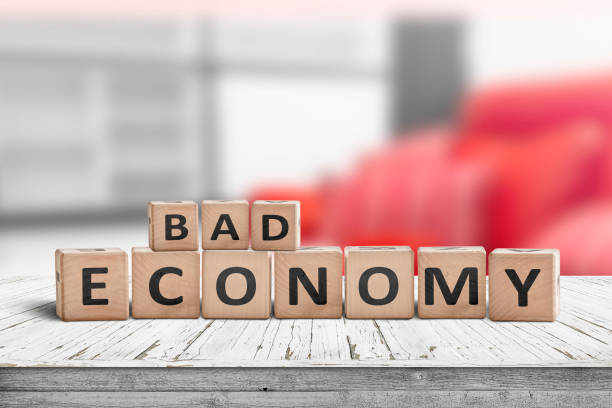The COVID-19 development continues to be challenging with improvements in most European countries and the US but also signs that countries that ease restrictions see a flare-up again. France for example has experienced a new increase in cases raising concerns over a possible third lockdown. On the positive side, Moderna this week said its vaccine is effective against the new variants from the UK and South Africa, see COVID-19 Update: Moderna and Pfizer vaccine also effective against new variants, 28 January.
The challenging virus situation is hurting macroeconomic momentum in both the US and Europe, but the latter seems hardest hit. This week’s data released underscored the gravity of the situation in Europe with the German IFO index declining in January compared to December. It may also be an indication that the global manufacturing cycle is close to a peak as Chinese indicators have also shown signs of rolling over. Europe generally has more exposure to the Chinese cycle than the US. The Chinese PMI on Sunday and Monday will be interesting to follow. The US economy has so far held up better than expected despite the third COVID-19 wave. This week, consumer confidence actually increased in January compared with December, while US durable goods and the Richmond survey pointed to abating momentum in the manufacturing sector.
This week the IMF revised up strongly the outlook for the US economy by 2pp to 5.1% in 2021, due to stronger-than-expected macro-momentum in H2 20 and the fiscal stimulus package approved before Christmas. This comes even as the IMF does not factor in the possible new fiscal package that the Biden administration has proposed, providing an upside risk to its forecasts. In contrast, the IMF downgraded the outlook for the euro area, while the forecast for China held up at 8.1% in 2021. Watch out for the preliminary euro area Q4 GDP release on Wednesday.
Despite the stronger outlook for the US economy in 2021, the Fed held back from calling for withdrawal of its stimulus at its meeting this week. Fed chairman Powell stated any discussion on an exit strategy is ‘premature’ despite some less influential Fed members opening up for considering tapering of the Fed’s asset purchases as soon as the economic recovery gets underway this year. We lean on the side of Powell and think the Fed will start tapering in Q1 22 preceded by discussion in H2 21. Developments on the labour market will be an important gauge for the US economy; hence watch out for the non-farm payroll release next Friday. Meanwhile, the ECB seems to be worried about the strength of the euro, with Dutch Governor Knot saying the ECB could cut the deposit rate and stories suggesting that markets underestimate the probability of a rate cut.
Global equity markets receded heavily in the middle of the week. We do not think it was related to macro releases or the Fed meeting but rather that positioning starts to be stretched and hence we might be in for a period of more volatile markets than has been the case over recent months. Global yields have also retracted somewhat amid softer signals from advanced country central banks and growth concerns. EUR/USD fell back on the back of the divergent economic outlook between the US and Europe and weaker risk sentiment.
Full report in PDF.


 Signal2forex.com - Best Forex robots and signals
Signal2forex.com - Best Forex robots and signals




